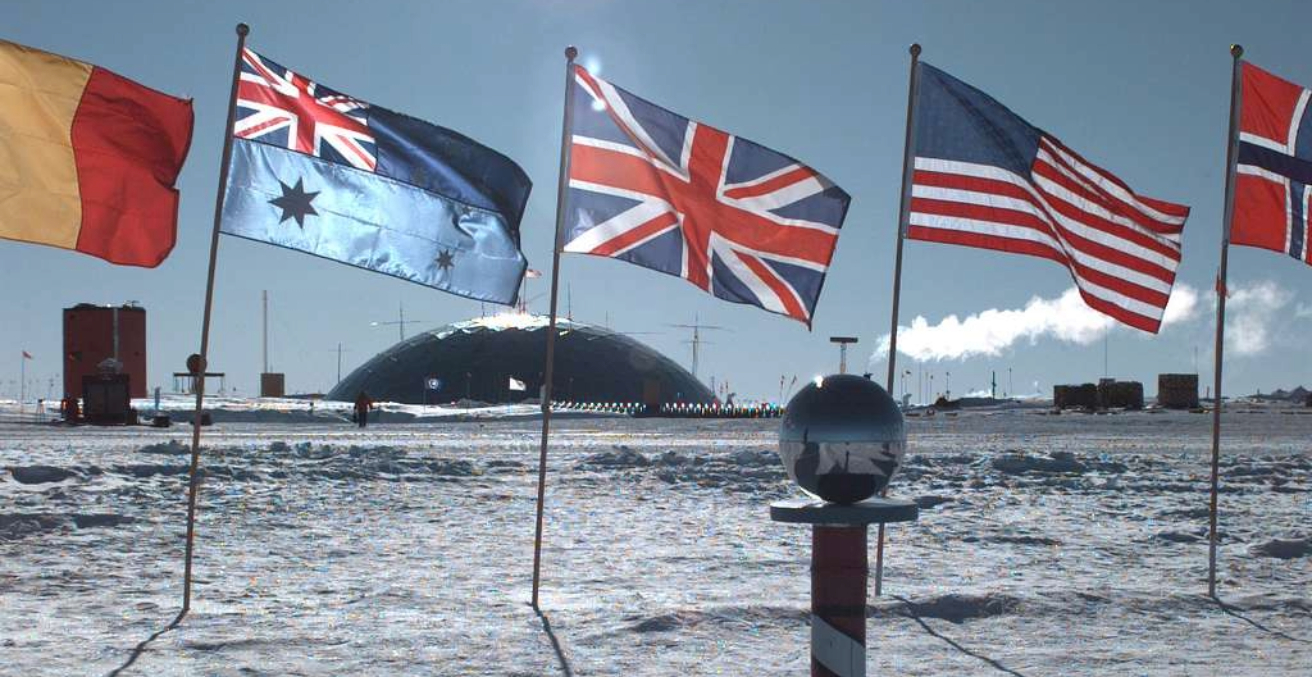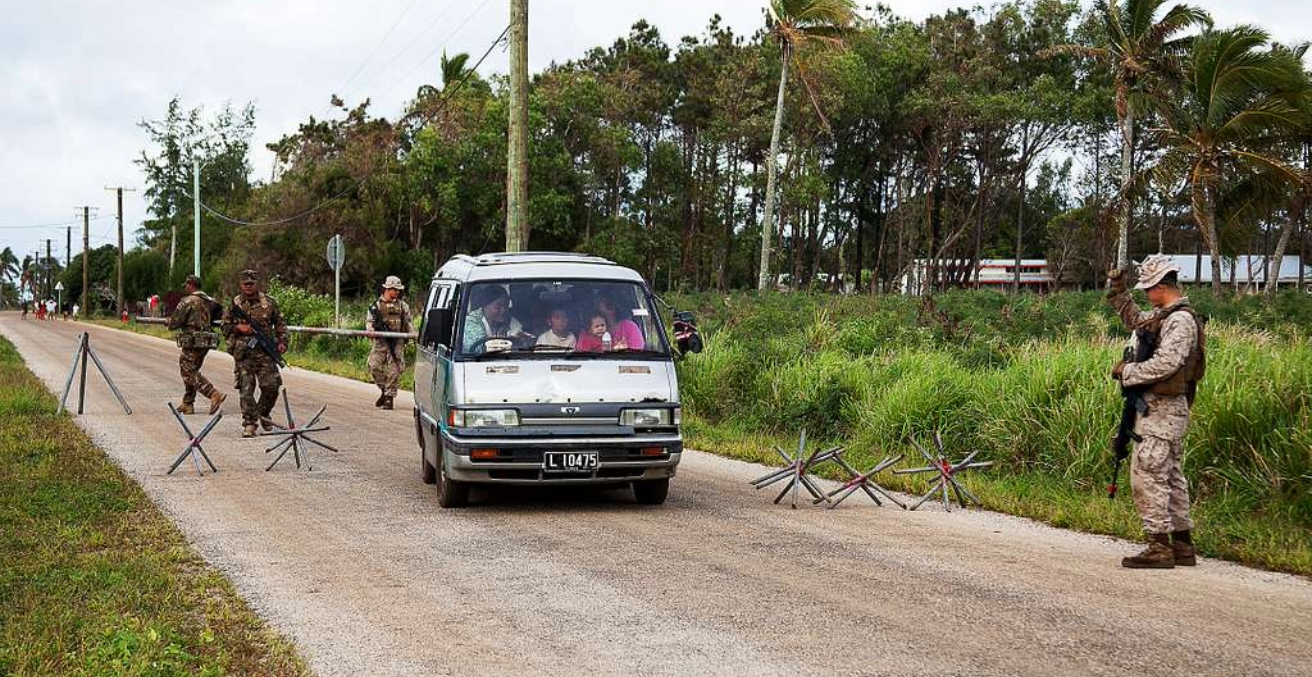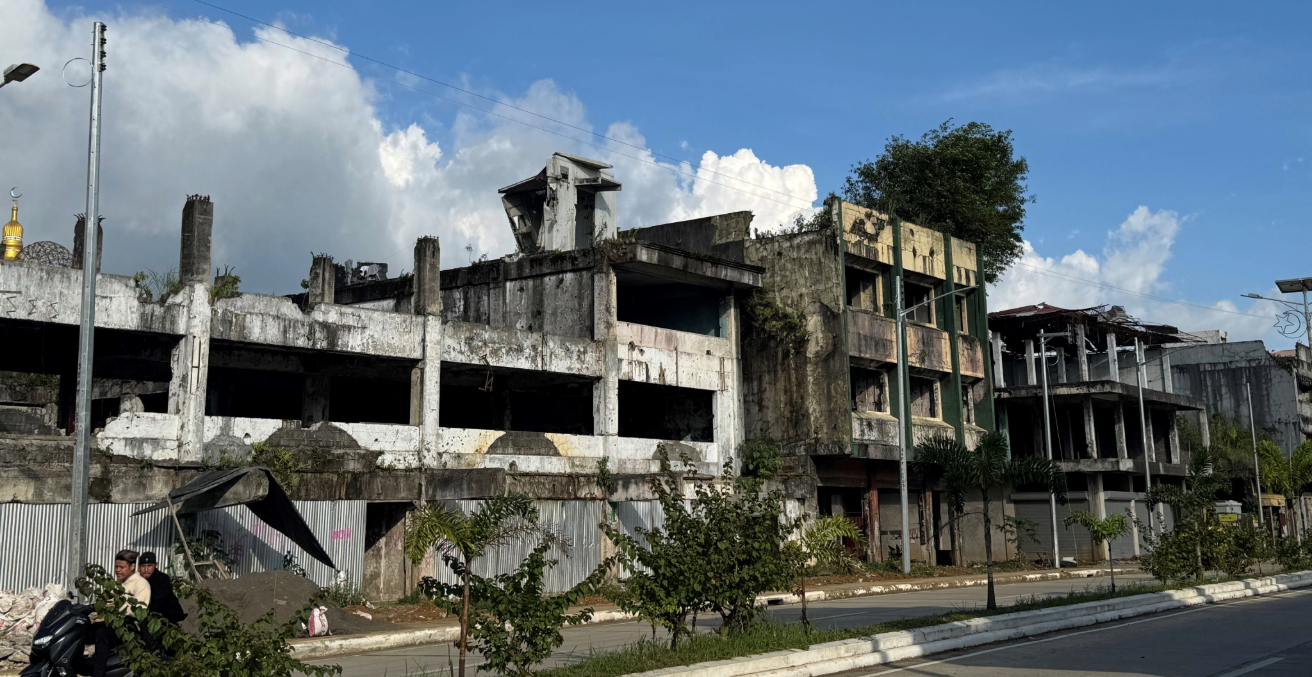The Pacific Islands Forum this week adopted a Pacific Policing Initiative which marshalls Australian resources to meet Pacific needs. A Parliamentary inquiry is looking at proposals from a range of sectors to collaborate on the region’s priorities.
As Prime Minister Anthony Albanese meets with his counterparts at the Pacific Islands Forum Leaders Meeting this week, he will be greeting many old friends. In February, Papua New Guinea’s prime minister James Marape became the first Pacific leader to address Australian Parliament. New Solomon Islands prime minister Jeremiah Manele visited in June and new Tuvalu prime minister Feleti Teo in July.
Right now, a proactive approach is being taken by a Parliamentary inquiry looking at Australia and the Pacific. The Joint Standing Committee on Foreign Affairs, Defence and Trade (JSCFADT) is holding hearings on how Australia can respond to the priorities of Pacific Island countries.
Judging from submissions, there’s wide enthusiasm for what’s possible. The committee has received 84 submissions covering a range of topics.
For example, Asia-Pacific Development, Diplomacy & Defence Dialogue’s (AP4D) submission focuses on supporting Pacific youth, civil society and media, enhancing women’s peace and security and improving maritime safety, drawing on three years of consultations. Recognising that short-term transactional approaches are counterproductive, it advocates for long-term investment that genuinely engages with Pacific priorities.
What is striking about the submissions is the whole-of-nation enthusiasm for engaging with the Pacific across a range of sectors such as science, culture, technology, and civil society.
This includes the Australian Academy of Science working to establish a Pacific Academy of the Sciences and the National Reference Laboratory contributing to capacity projects. Other examples include the National Archives of Australia and the National Film and Sound Archive helping preserve the Pacific documentary and cultural heritage, and Australian technology leader CyberCX on the transformative impact of investments in digital infrastructure.
Australian civil society is responding to Pacific needs through community-led initiatives. People-to-people links and partnerships are contributing to provide better water and sanitation, reduce HIV infections, enhance the quality of education, improve child and youth protection, advocate for women’s rights, promote disability equity, and contribute to community development. This includes leveraging cultural and family connections to strengthen relationships with the Pacific.
There are many examples of Australian bodies working with their Pacific counterparts, such as the Federal Court collaborating with Pacific courts to support justice and the rule of law, the Australian Human Rights Commission helping establish and support Pacific human rights institutions, and Standards Australia providing technical support to Pacific counterparts.
And there are many areas where Pacific priorities are common priorities, like the Australian Maritime Safety Authority working with senior maritime officials on issues like search and rescue and maritime spills—and, above all, advocacy and cooperation on the existential threat to Pacific Islands from climate change.
The inquiry provides a rich vein for continuing to foster stronger regional ties through collaborative efforts. An example of how this can be brought to fruition came this week when a Pacific Policing Initiative was adopted at the Pacific Islands Forum Leaders Meeting.
The initiative has three parts: specialist police training centres of excellence in Pacific countries, a police training and coordination hub in Brisbane, and a new Pacific Police Support Group ready to deploy in response to regional emergencies and major events. It builds on the Australian Federal Police’s long engagement in the region.
As well as the outcome, the process of creating the initiative was equally important. The initiative was designed by the Pacific Islands Chiefs of Police, a multilateral body founded in 1970 to bring together regional police chiefs to exchange information and drive regional policing agreements. That means that its genesis is from Pacific priorities around transnational security challenges, including seeing an increase in drug trafficking and transnational crime.
While Australia will be the lead funding body contributor, Tonga’s prime minister announced it as “a Pacific led, Pacific owned initiative that reinforces the existing regional security architecture.”
This is what it looks like for Australia to support Pacific regionalism as advocated in the latest paper from AP4D: where Australia perceives itself as a fully integrated part of the Pacific Islands region, not just as a partner or an advisor.
Given the resources that it has, Australia can be tempted to establish separate arrangements which sit outside of formal structures. By contrast, the new policing initiative was announced by Prime Minister Albanese as “a Pacific led initiative, very importantly. This is something that has arisen from the Pacific family to look after the Pacific family, ourselves.”
While Australia’s money and capacity has value, Pacific Island countries contribute knowledge, networks, and experience that are critical to understanding and working effectively within the Pacific Islands region. Australia needs to respond to Pacific priorities.
A whole-of-nation approach—involving government, parliament, national institutions, and a range of actors responding to Pacific needs—is key to Australia positioning itself as an invested part of the Pacific.




